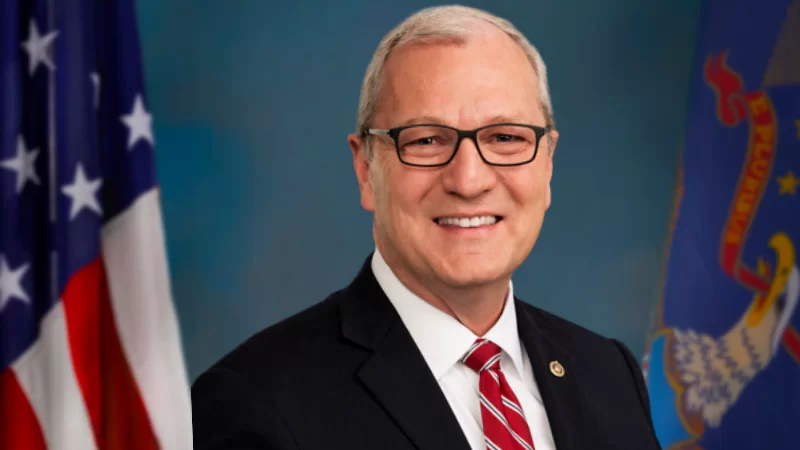Senator Kevin Cramer, US Senator for North Dakota | Senator Kevin Cramer Official website
Senator Kevin Cramer, US Senator for North Dakota | Senator Kevin Cramer Official website
BISMARCK — U.S. Senator Kevin Cramer (R-ND) has expressed his concerns over the Environmental Protection Agency's (EPA) proposal to implement the Methane Emissions Reduction Program. The program, included in the Democrats' Inflation Reduction Act, seeks to impose a hefty fee on the production and transportation of methane emissions from oil and gas operations.
In a statement, Senator Cramer criticized the Democrats and their allies for pushing through the Inflation Reduction Act, which he believes will impose burdensome regulations on domestic energy. He expressed his worry that the proposed fee will not only reduce production but also increase costs, disproportionately affecting working-class Americans who rely on affordable and reliable energy.
Senator Cramer highlighted the impact of these fees on energy producers in North Dakota, stating, "Burdening North Dakota energy producers with more fees and penalties while saddling every American with higher energy is a foolhardy mistake Democrats will have to answer for."
The proposed rule, set to take effect this year, would charge oil and gas companies a minimum of $900 per ton of methane. This fee is set to increase to $1,200 per metric ton in 2025 and further rise to $1,500 per metric ton in 2026.
The EPA's proposal has sparked concerns within the oil and gas industry. Industry experts warn that these fees will have severe consequences for energy production and may lead to higher energy costs for consumers.
The EPA, however, argues that the Methane Emissions Reduction Program is crucial for combating climate change. The agency believes that by imposing these fees, it can incentivize oil and gas companies to reduce their methane emissions and transition to cleaner energy sources.
Environmental advocates have also voiced their support for the EPA's proposal. They argue that methane emissions are a significant contributor to greenhouse gas emissions and must be curbed to mitigate the effects of climate change.
The debate surrounding the EPA's proposal is likely to continue as stakeholders from various sectors weigh in on the potential economic and environmental impacts.






 Alerts Sign-up
Alerts Sign-up